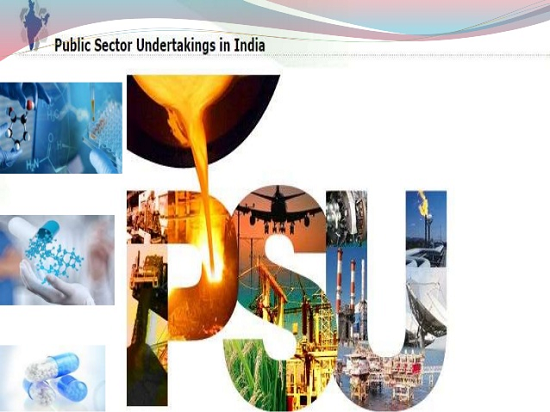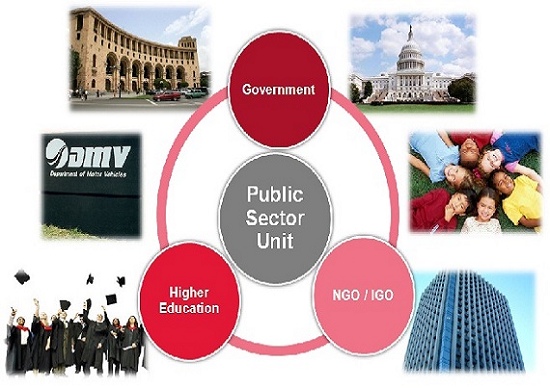Updated By: LatestGKGS Desk
Problems Of Autonomy In Public Sector Undertakings In India

Problems Of Autonomy In Public Sector Undertakings In India And Chairman or Director or Chief Executive
The Chief executives of PSUs have not given a fixed tenure thus hampering policy stability and continuity in a certain manner.
The Minister allotted to the undertaking has full right to terminate the Chairman or Director or Chief Executive.
Due to a short tenure (As per a Standing conference on Public Enterprise the average tenure is only 2 years) the Chief Executive is under constant pressure to show short-term results at the cost of long-term loss.
Many Committees have recommended that the process of contract termination of a CEO should be similar to the appointment procedure,i.e. by the appointment committee of the cabinet's recommendation. This recommendation has been applied to some extent by the Central government but with certain conditions.
Directors appointed by the government to the Board of Directors of PSUs try to influence the decision-making process of the board without accepting responsibility at the end creating a lot of interference in their independent workings and economic initiatives.
Control from above is a big impediment in the functioning of PSUs as whenever a new project is taken up by a PSU it has to go through the Expenditure Finance Committee and the Project Investment Board which is very cumbersome and causes unnecessary delay and authoritarianism.


